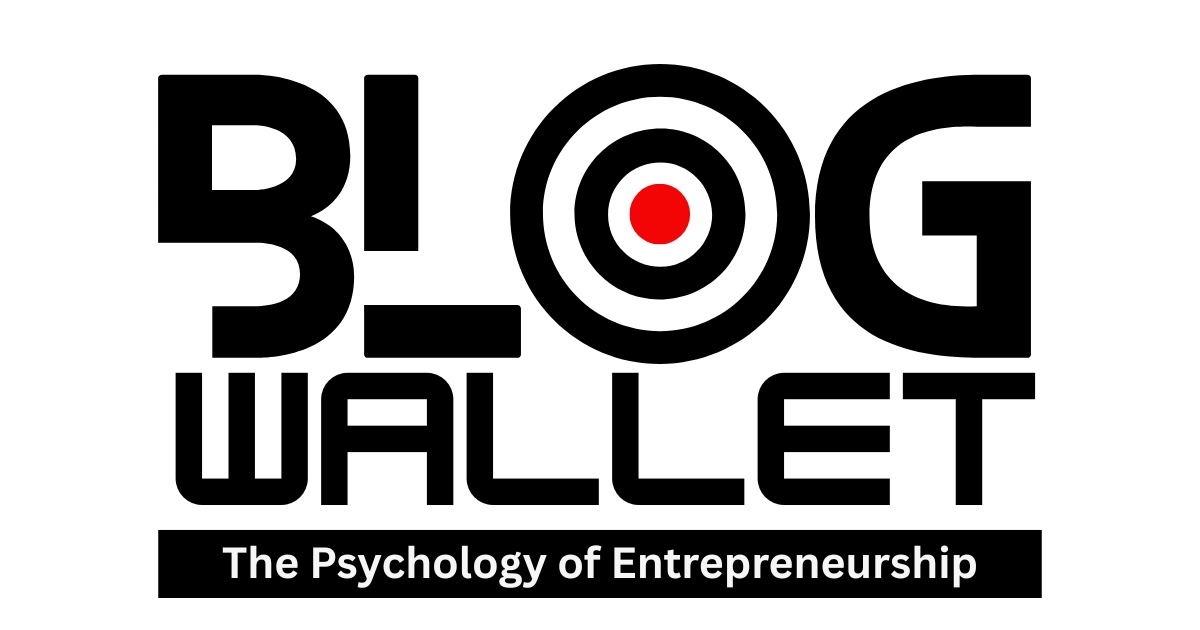
Journaling Techniques That Save Time And Money
# Journaling Techniques That Save Time and Money: The Kevin Ross Approach
Journaling is often perceived as a simple exercise in self-reflection, but it serves a much deeper purpose, especially in the realm of entrepreneurship. With 27 years of experience, from relying on food stamps to establishing blogwallet.com/ and founding Radio Facts, I have encountered numerous challenges and triumphs. One of the most effective tools in my arsenal has been journaling. This practice goes beyond mere emotional expression; it involves rigorous self-assessment that can ultimately save both time and money.
## The Importance of Journaling
In the fast-paced world of entrepreneurship, every minute and every dollar is crucial. Journaling has helped me avoid repeating mistakes and has provided clarity in decision-making. For instance, early in my career, I received a $15,000 check. Instead of using it wisely, I squandered the funds without tracking my spending or understanding my financial decisions. This lack of accountability led to unnecessary losses. After realizing the importance of documenting my experiences, I began to journal consistently, recording every decision and its outcomes. While the process was challenging, it was essential for my growth.
## The Kevin Ross Journaling Method
### 1. Document Every Decision
It is vital to record every decision, whether positive or negative. Relying on memory alone can lead to oversights. Just as one cannot recall what they had for lunch weeks ago, it is unrealistic to expect to remember every business choice. By writing down decisions, you create a comprehensive record that can be referenced in the future.
### 2. Analyze Outcomes
After documenting decisions, it is crucial to analyze the results. This step can be uncomfortable, as it forces you to confront both your successes and failures. However, this analysis is invaluable. It provides insights into what strategies worked and what did not, allowing for informed adjustments moving forward.
### 3. Track Financial Transactions
Maintaining a detailed log of all financial transactions is essential. I learned this lesson the hard way during my time in Buffalo, where I struggled to manage my finances. By tracking every expense in my journal, I identified patterns and areas for improvement. This practice enabled me to recognize financial leaks and seize opportunities for better budgeting.
### 4. Avoid Mixing Business with Friendship
One of the most significant lessons I have learned is to refrain from hiring friends. This principle is based on personal experience, which ended poorly. I documented this mistake in my journal and revisited it a year later, reinforcing my resolve to avoid similar situations in the future. Mixing personal relationships with business can lead to complications that are best avoided.
## The Spiritual Dimension of Journaling
While it may seem unconventional, I believe that journaling can facilitate a deeper understanding of one’s path, including the spiritual aspects of entrepreneurship. Through reflection and documentation, I have gained insights into my mistakes and successes that feel guided by a higher purpose. These moments of clarity have contributed significantly to my personal and professional growth.
## A Journey from Adversity to Success
My journey has not been without its challenges. Transitioning from food stamps to running a successful business has been a tumultuous experience. However, journaling has consistently served as my secret weapon. It has provided emotional support and helped me navigate difficult times. This practice fosters accountability and encourages self-discipline.
## Conclusion: The Necessity of Journaling
Do not delay any longer. Begin journaling today. This practice is not about having an aesthetically pleasing notebook or the perfect writing instrument. It is about engaging in honest self-reflection and learning from every success and failure.
In summary, if you are not journaling, you may be wasting both time and money—resources that are too valuable to overlook in the business world. Therefore, pick up a pen and start writing. Reflect on your experiences, learn from them, and allow yourself to grow. This simple act may prove to be one of the most beneficial decisions you ever make for your business. When faced with challenges, your journal could serve as the essential tool to help you regain your footing.
Ultimately, the insights I have shared are grounded in real experiences. Success is not a matter of waiting; it is about hard work and continuous learning. Embrace the journey, and let journaling be a guiding force along the way.

